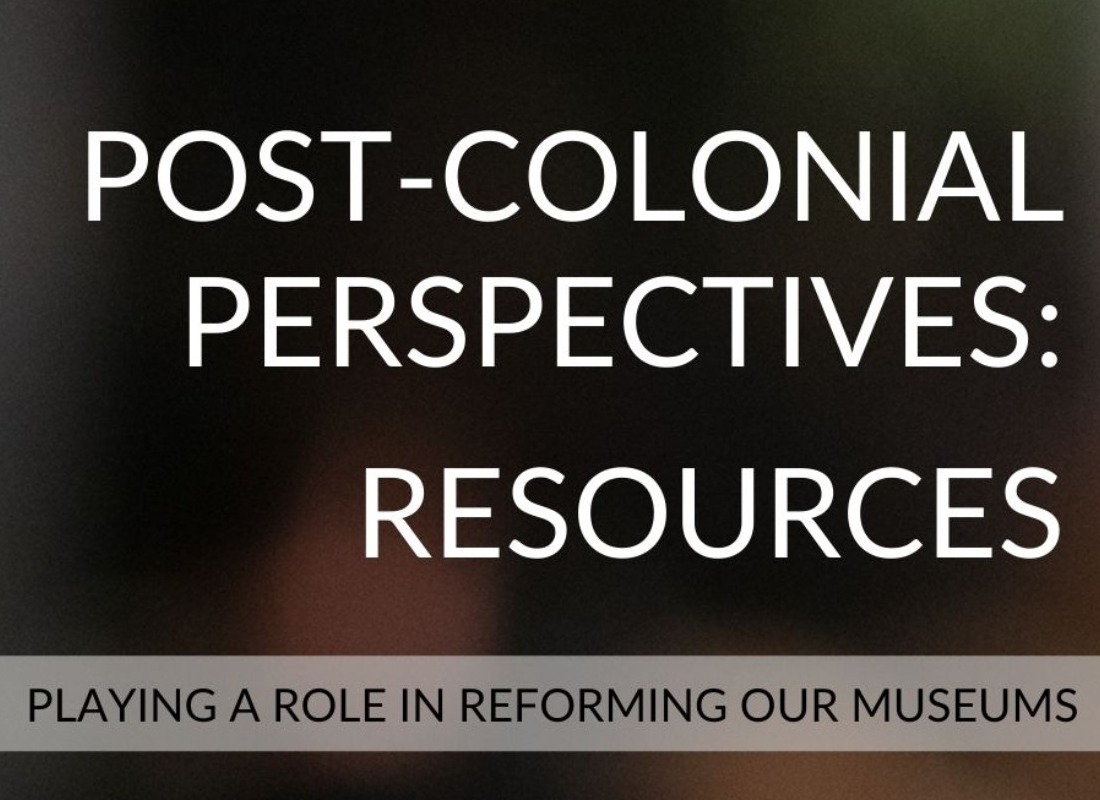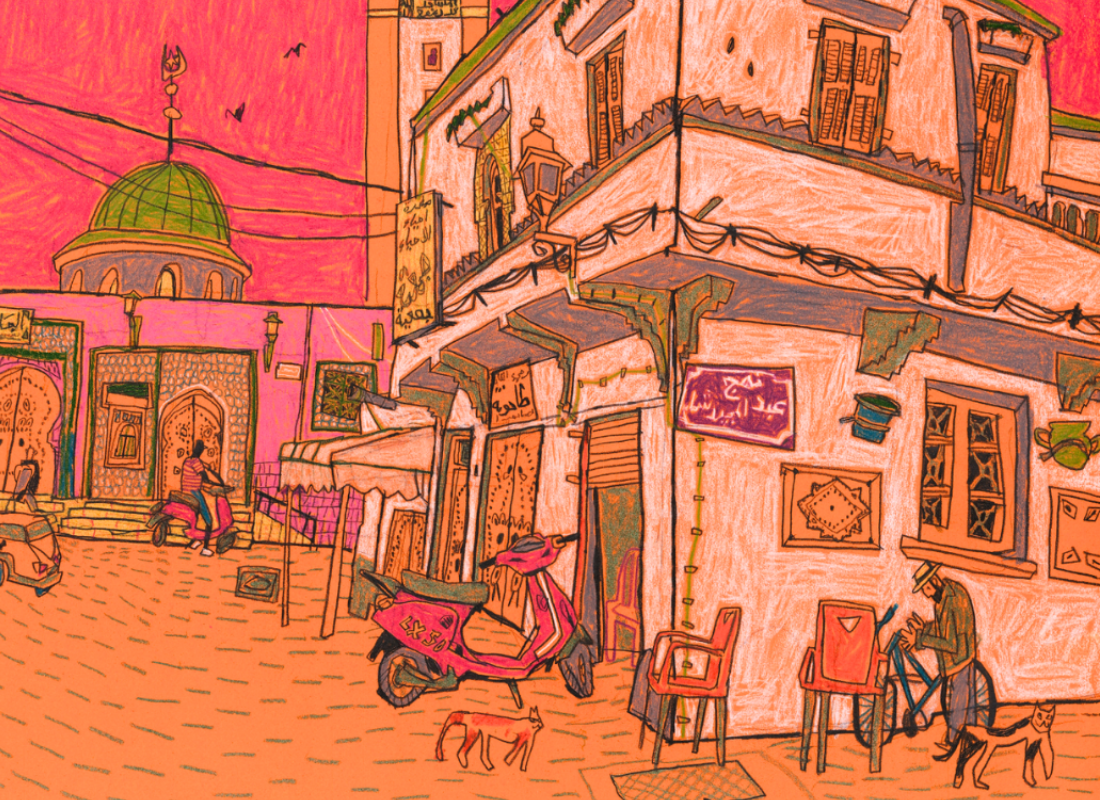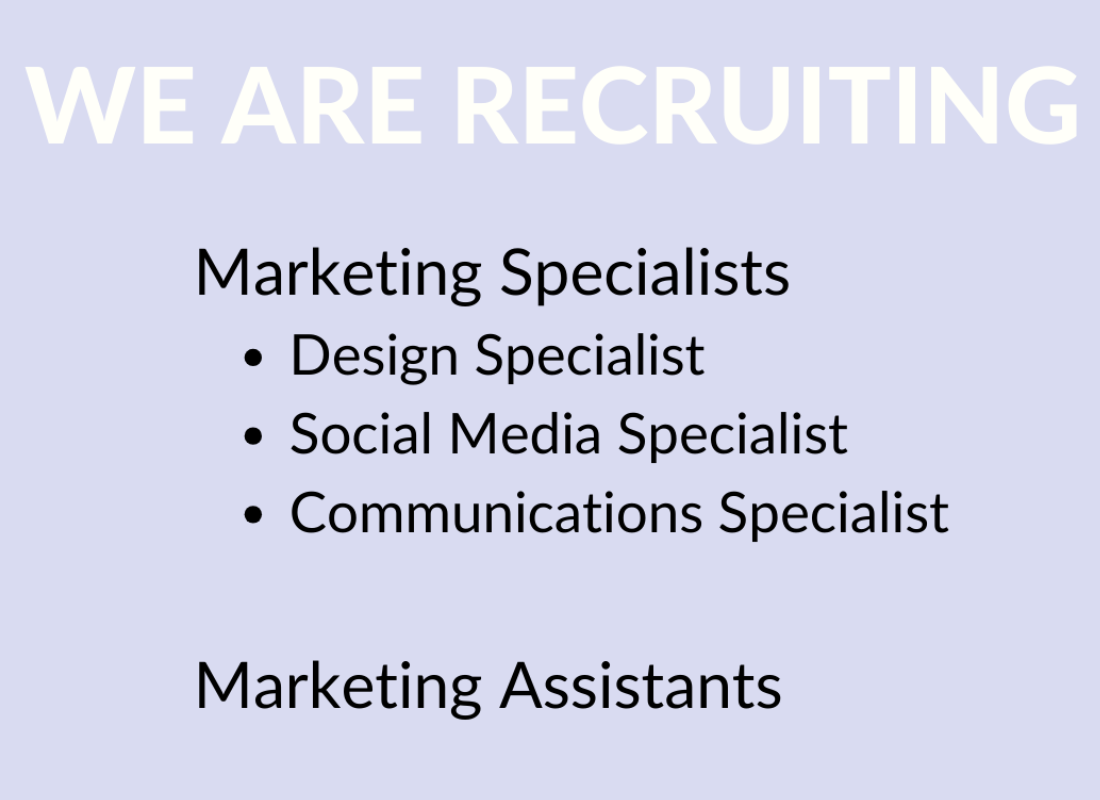
After the Black Lives Matter protests and activism of the past summer, many arts and cultural institutions took a public stance to more proactively support diversity and inclusion. We've organised a panel discussion which examines how museums – and the young professionals working in them – can most effectively respond to the challenges of confronting historical white-centric norms and entrenched narratives of colonialism and racism.
Ahead of the even we’ve compiled a list of resources relating to the museum sector:
RESOURCE LIBRARIES
- An Uncomfortable Library by Alice A. Procter (@aaprocter), creator of Uncomfortable Art Tours
Recommendations for decolonial reading, books on race and post-empire identity.
- Social justice & museums resource list initiated and edited by La Tanya S. Autry (@artstuffmatters), cultural organizer, curator, and art historian
A content bank for resources on social justice in the museum sector. See here for resources specifically focusing on decolonisation.
ARTICLES
- What does it mean to decolonize a museum? by Elisa Shoenberger for MuseumNext
‘In his MuseumNext talk, Jérémie Michael McGowan, director of Nordnorsk Kunstmuseum in Tromsø, Norway, explained that indigenous works tended to be in ethnographic museums, not art museums. This distinction helps to perpetuate the idea that these cultures are no longer living and continuing their traditions.’
- To bear witness: Real talk about white supremacy in art museums today by Dr Kelli Morgan
‘We know very well that art museums are some of the strongest cultural bastions of western colonization. Through very deliberate racist and sexist practices of acquisition, deaccession, exhibition, and art-historical analysis, museums have decisively produced the very state of exclusion that publicly engaged art historians and curators (including myself) are currently working hard to dismantle.’
Culture& has produced a charter calling on the arts and heritage sectors to commit to a number of changes ‘in order to decolonise their relationship with the UK Black community and their workforce, collections and programmes’.
Culture& is an independent arts and education charity working in partnership with arts and heritage institutions and artists to develop programmes that promote diversity in the workforce and expand audiences.
VIDEO & AUDIO DISCUSSIONS
- 2020 webinar: Beyond Statements: People Power by The Art Fund and AAMC
In this conversation, moderated by Cultural Consultant and Independent Curator Monica O. Montgomery, the speakers discuss how external pressure and public discourse can help to hold organisations accountable and advance structural change.
‘Realising that we’re in an intense moment of social upheaval, our silence makes us complicit. Our inaction makes us extinct. The world is watching, and museums, arts and culture, galleries and libraries, and the humanities need to lead the charge, to amplify a civic vision of social change.’ - Monica O. Montgomery, Cultural Consultant + Independent Curator, Museum Hue; Moderator (webinar moderator)
- Podcast: Connecting Museums, Modern Art, Colonialism, and Violence by Hyperallergic HQ with Ariella Azoulay, Professor of Modern Culture & Media and Comparative Literature at Brown University
In this discussion, Ariella Azoulay discusses ‘how artists, collectors, critics, and other arts professionals play a role in the continuing dispossession of colonial subjects, most often people of colour, around the world’.
‘Rather than assuming that museums were always there and objects were collected into those museums, what I am trying to show is that the amount of plunder unleashed this process of creation of museums’ Ariella Azoulay
- Presensation: How Can You Decolonise Museums? by Shaheen Kasmani, Artist, Curator and Creative Producer and Sara Wajid, Head of Engagement at the Museum of London
Shaheen Kasmani speaks on her experience co-curating an exhibition, The Past is Now, at Birmingham Museum, particularly focusing on how exhibition text and language is political.
Sara Wajiddiscusses starting Museum Detox, the importance of spaces for ‘impolite’ conversations, and the ‘push and pull’ between the museum and co-curators in the process of producing The Past is Now’s panel text.
Join us on Thursday 23rd March at 6PM as we explore what having a post-colonialism perspective means for museums practitioners, practical examples of how this framework can be used to promote more inclusive spaces,
You'll have the opportunity to hear directly from researchers and practicioners from the arts sector as well as, discuss practical examples of how change happens, and ask any questions you may have.




.0af71f.jpg)
.ec8cc4.png)